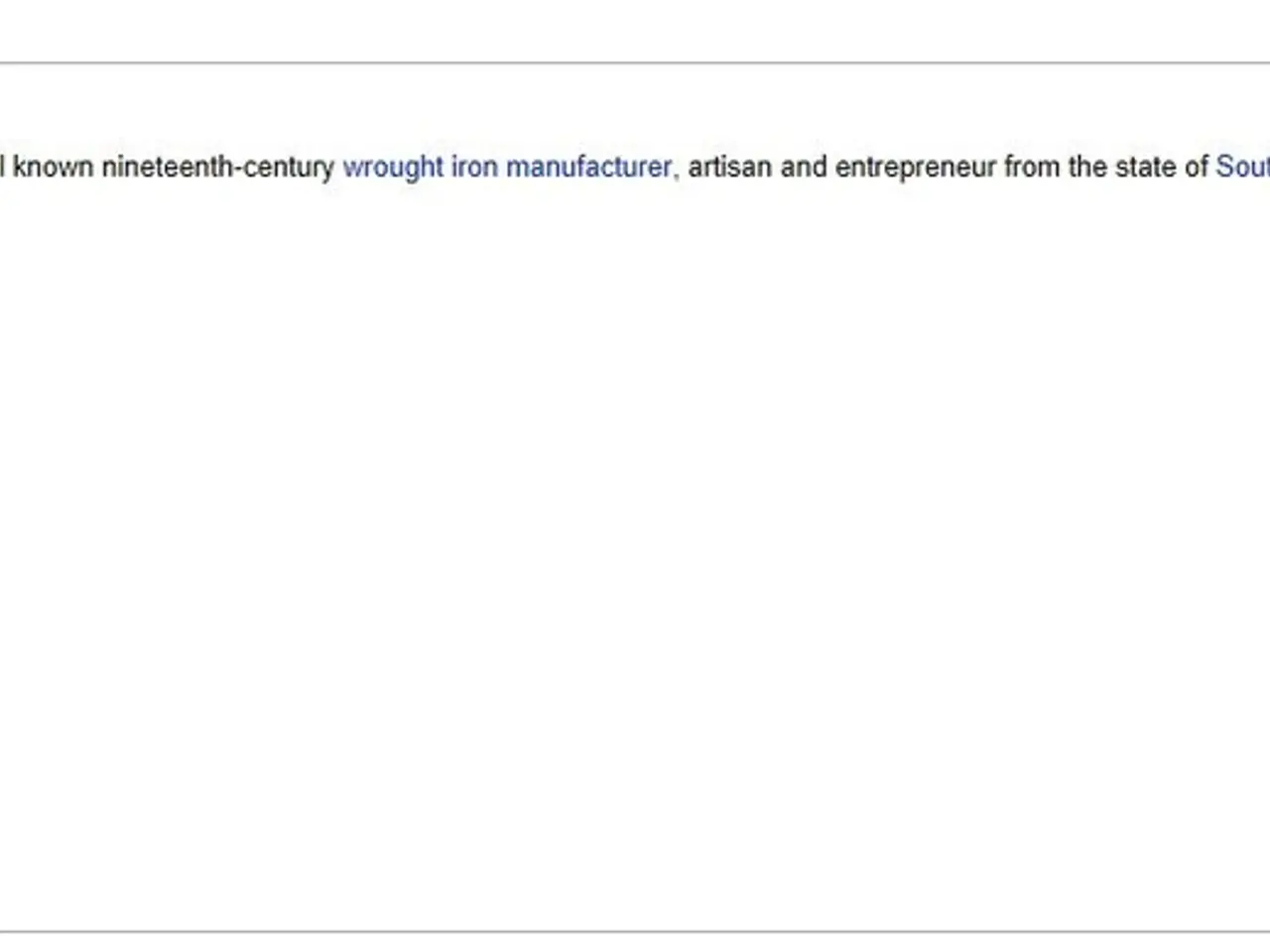Renowned economist and distinguished historian, Professor Emeritus Peter Temin, sadly passes away at the age of 87.
Peter Temin: A Pioneering Economic Historian
Peter Temin, a preeminent economic historian, passed away on August 4 at the age of 87. Born in Philadelphia in 1937, Temin's scholarly career spanned a remarkable range of topics and made significant contributions to the field of economic history.
Temin started his academic journey as an assistant professor of industrial history at the MIT Sloan School of Management. In 1967, he was hired by the Department of Economics at MIT, where he would later serve as department chair from 1990 to 1993.
Temin is particularly noted for his detailed analysis of the Great Depression, where he challenged conventional views by emphasizing that factors beyond just monetary policy—such as adherence to the gold standard and decreased consumer spending—were key drivers of the crisis. This interpretation helped reshape how economists and historians understand the causes and dynamics of economic downturns.
Over his prolific career, Temin authored 17 books and edited six, covering diverse topics including the British Industrial Revolution, Roman economic history, the Great Depression, antitrust policy, health care, and the economic decline of the American middle class. His work often bridged economics and social issues, reflecting a rare combination of scholarly brilliance and engagement with contemporary problems.
Temin was a pioneer of the "new economic history" (also known as "cliometrics") revolution, using econometrics to reexamine key historical events and demonstrate how data analysis could lead to the overturning of long-held assumptions. He made important contributions to modernizing the field of economic history through his systematic use of economic theory and data analysis.
In addition to his academic achievements, Temin was a dedicated teacher and a wonderful colleague. Jonathan Gruber, Ford Professor and chair of the Department of Economics, described Temin as a great person to talk to about everything.
Temin's legacy extends beyond his scholarly work. Much of his later work focused on the contemporary American economy and its deep-seated divisions. Three of his junior hires, Daron Acemoglu, Abhijit Banerjee, and Bengt Holmström, went on to win Nobel Prizes, further cementing Temin's impact on the field.
Temin served as president of the Economic History Association (1995-96) and the Eastern Economic Association (2001-02). In 2001, he won a Guggenheim Fellowship. Despite retiring in 2009, Temin remained an active researcher and author.
Temin's older brother, Howard, shared the 1975 Nobel Prize in medicine. Peter Temin held the Elisha Gray II professorship from 1993 to 2009. His scholarly achievements at MIT included hiring several notable economists, including Acemoglu, Banerjee, and Holmström.
Peter Temin's work will continue to be a valuable resource for scholars studying economic crises, industrial development, and economic history more broadly. His contributions have significantly shaped the field by combining rigorous economic theory with deep historical insight.
- Peter Temin's teachings and mentorship played a significant role in shaping the future of undergraduate and graduate students, as several of his hires went on to become notable faculty members and economists.
- As a professor, Temin bridged the gap between economic theory and societal issues, encouraging students to consider the practical implications of their research and its impact on public policy and health.
- Despite retiring in 2009, Peter Temin remained an active researcher, contributing to the press with his work, which explored topics such as health care, economic decline, and contemporary American society.
- The field of economic history has been positively influenced by Peter Temin's contributions, especially his pioneering work in the "new economic history" revolution, which emphasized the importance of data analysis and economic theory.
- Peter Temin's scholarly work extended beyond academic circles, with his later research focusing on the contemporary American economy, its deep-seated divisions, and their consequences for society.
- Technology played a role in facilitating Temin's work, as he leveraged modern tools for data analysis to reexamine key historical events and present new insights to the Press, the public, and the educational community.
- The story of Peter Temin's life and career is one of scientific excellence, education and self-development, and engagement with contemporary problems, making his passing a significant loss for professors, fellows, and the entire economic history community.
- As a pioneer in the field of economic history, Peter Temin demonstrated how rigorous scientific research, coupled with an understanding of social issues, could lead to groundbreaking policy implications and contribute to the betterment of society.
- In addition to his work at MIT, Peter Temin served as president of prestigious academic associations such as the Economic History Association and the Eastern Economic Association, demonstrating his commitment to advancing education, research, and the overall field of economic history.




